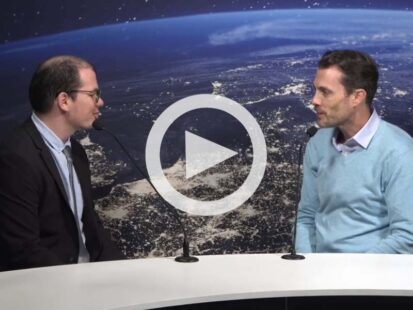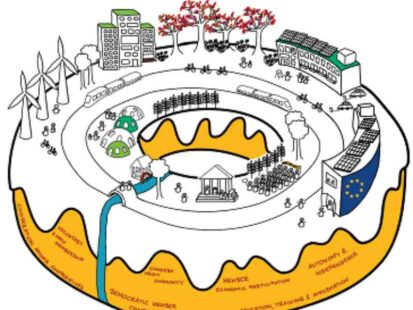Enlit on the Road visited the Electric Energy Systems Laboratory at the National Technical University of Athens, to delve into their pioneering research and innovation in the energy transition.
The Laboratory (EESL) has a rich history of impactful work spanning three decades. Established in 1983, EESL operates within the School of Electrical and Computer Engineering and its research activities encompass various aspects of electric energy systems, with a particular focus on smart grids.
Their research around the integration of distributed resources into the power system has been funded mainly by the European Commission, through European research & innovation programmes.
The diverse team – comprising of professors, post-doctoral scientists, postgraduate students, and specialised researchers – have developed several advanced algorithms for the forecasting of renewables; for the planning and operations of distribution systems for control of distributed resources, applying centralized and decentralized control techniques.
Find out more:
Site visit: HEDNO’s Central Energy Control Centre
Podcast: Digitalising nuclear power for enhanced grid stability
Energy communities and the example of the Greek Islands
A focus on smart grids
Smart grids represent the next generation of power systems, characterised by a high penetration of renewable energy sources, distributed generation, and flexible loads. To address the intricate challenges posed by these systems, EESL harnesses advanced control and information and communication technology (ICT) solutions.
Their research outputs include an ICT platform supporting participants in coupled electricity markets, intelligent load and demand response (DR) controllers, and software tools for energy management and the planning of non-interconnected islands and microgrids.
A significant hallmark of EESL is its extensive involvement in EU and national-funded research and innovation projects. By coordinating and participating in these initiatives, the laboratory has contributed to shaping the future of electric energy systems.
Moreover, EESL actively promotes the dissemination of knowledge through international and national conferences and seminars, fostering a culture of continuous learning and collaboration.
EESL’s mission goes beyond the mere development of innovative technologies; it also emphasizes knowledge transfer. The laboratory is committed to disseminating its research not only within the university but also to secondary schools through dedicated lectures. This commitment to education ensures that the next generation of energy professionals is equipped with the skills and insights necessary to navigate the evolving energy landscape.
Overall, the lab’s aim is to develop technologies for the transition of the European system to a sustainable future.
Watch the full video as the lab’s team showcases the various elements of their day-to-day work and the technologies they use.




